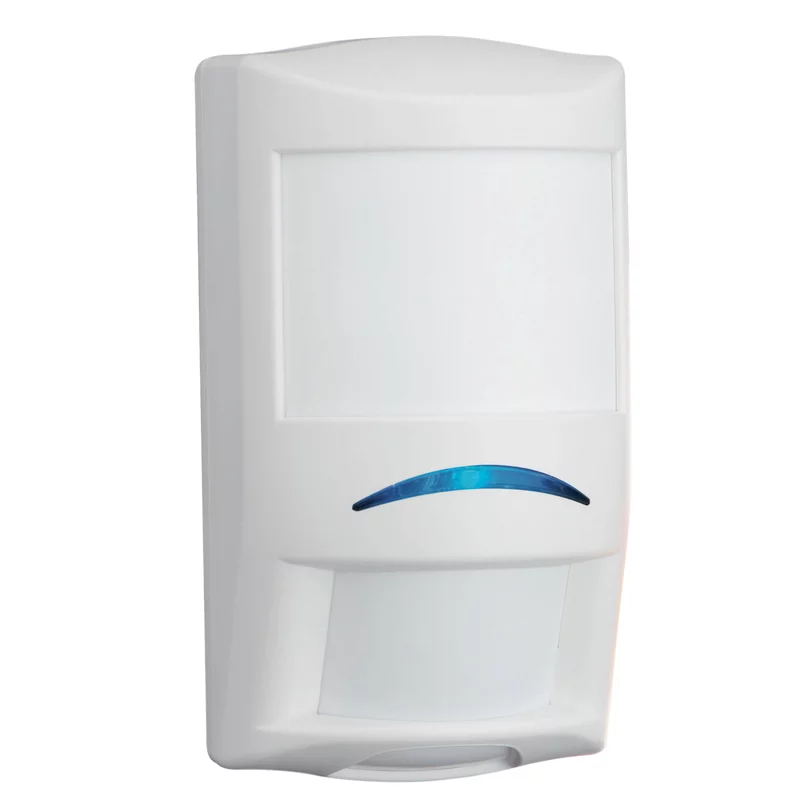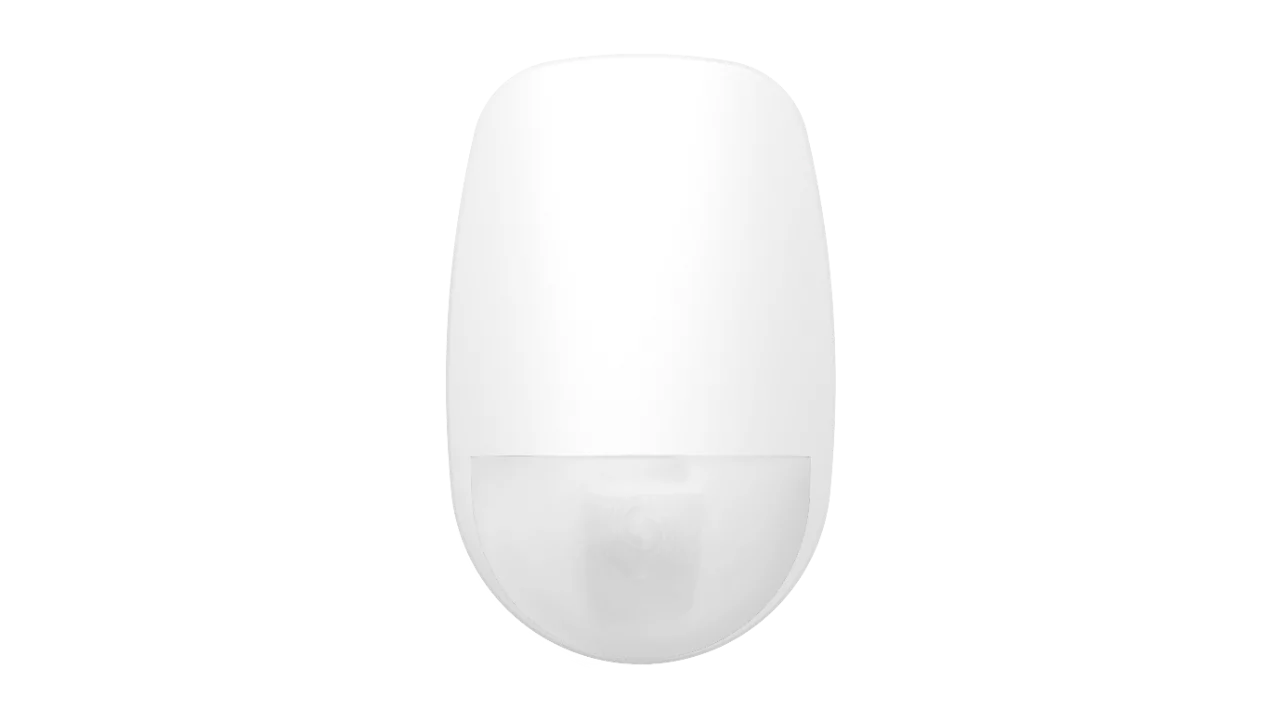
Bosch Professional Series PIRs - 16 m x 22m, PIR Motion Detector ISC-PPR1-W16
Bosch Professional Series PIRs - 16 m x 22m, PIR Motion Detector ISC-PPR1-W16
Overview:
The ISC-PPR1-W16 Professional Series PIR Detector is exceptionally suited for commercial indoor applications. Sensor data fusion technology ensures that the detector sends alarm conditions based on precise information. Tri-focus optics eliminate coverage gaps and respond efficiently to intruders. The powerful combination of unique features in the Professional Series delivers superior catch performance and virtually eliminates false alarms. The self-locking two-piece enclosure, built-in bubble level, flexible mounting height, and three optional
mounting brackets simplify installation and reduce service time.
Features:
- 18 m x 25 m (60 ft x 80 ft) standard coverage; 8 m x 10 m (25 ft x 33 ft) selectable short range coverage
- Sensor data fusion technology
- Tri-focus optics technology
- Active white light suppression
- Dynamic temperature compensation
- Remote walk test
- Alarm memory
- Draft and insect immunity
- 2 m to 3 m (7 ft to 10 ft) mounting height, no adjustments required
Function :
Sensor Data Fusion Technology
Sensor data fusion technology is a unique feature that uses a sophisticated software algorithm to gather
signals from multiple sensors: two pyroelectric sensors, a room temperature sensor, and a white light
level sensor. The microcontroller analyzes and compares the sensor data to make the most intelligent
alarm decisions in the security industry.
Tri-focus Optics Technology
Tri-focus optics technology uses optics with three specific focal lengths: long-range coverage, middle-range coverage, and short-range coverage. The
detector applies the three focal lengths to 86 detection zones, which combine to make 11 solid curtains of detection. Tri-focus optics technology also
includes two pyroelectric sensors, which deliver twice the standard optical gain. The sensors process multiple signals to deliver precise performance
virtually free of false alarms.
Active White Light Suppression
An internal light sensor measures the level of light intensity directed at the face of the detector. Sensor
data fusion technology uses this information to eliminate false alarms from bright light sources.
Field Selectable Coverage (18 m x 25 m or 8 m x 10 m)
Installers can use a DIP switch to select 18 m x 25 m or 8 m x 10 m (60 ft x 80 ft or 25 ft x 33 ft) coverage.
Dynamic Temperature Compensation
The detector automatically adjusts PIR sensitivity to identify human intruders at critical temperatures.
Dynamic temperature compensation detects human body heat accurately, avoids false alarms, and delivers
consistent catch performance at all operating temperatures.
Cover and Wall Tamper Switch
When an intruder removes the cover or attempts to separate the detector from the wall, a normally-closed
contact opens to alert the control panel.
Self-adjusting LED
The LED brightness adjusts automatically to the surrounding light level. A blue light-emitting diode
(LED) indicates an alarm condition and activates during a walk test.
Remote Walk Test LED
Users can enter a command through a keypad, a control center, or programming software to remotely
enable or disable the walk test LED. Users can locally enable or disable the walk test LED through the DIP
switch.
Alarm Memory
Alarm memory flashes the alarm LED to indicate stored alarms for use in multiple unit applications. A
switched voltage from the control panel controls the alarm memory.
Solid State Relays
Solid state relays send silent alarm output signals to provide a higher level of security and reliability. An
external magnet does not activate the relay. The solid-state relay uses less current than a mechanical relay,
providing longer standby capacity during a power loss.
Draft, Insect, and Small Animal Immunity
The sealed optic chamber provides immunity to drafts and insects, reducing false alarms. Small Animal
immunity reduces false alarms caused by animals less than 4.5 kg (10 lb), such as rodents.
Remote Self Test
A remote self-test initiates when the walk test input switches to its true state. The alarm relay and alarm
LED activates for four seconds following a successful test. The trouble relay activates, and the alarm LED
flashes following a failed test.
Input Power Supervision
When the power is lower than 8 V, a low input power trouble condition activates the trouble relay and
causes the LED to flash. The trouble condition clears automatically when power reaches or exceeds 8 V.
DIP Switch Programming
The following functions are all programmed using DIP switch settings:
- Remote Walk Test LED
- Long and Short Range Select
Trouble Memory
When the walk test input switches to its true state for less than two seconds, the LED flashes to indicate the
most recent trouble condition. If there is no trouble in memory, the LED does not flash. After twelve hours, or
after the detector receives a second walk test pulse for two seconds or less, the LED stops flashing, and
the trouble memory clears.
Key Specifications
| Alarm relay contact type | NC |
| Current consumption (mA) | 10 – 15 mA |
| Detection radius (m) | 18 m |
| Dimension (H x W x D) (mm) | 127 x 69 x 58 mm |
| Operating temperature (°C) | -29 – 55 °C |
| Tamper relay contact type | NC |

